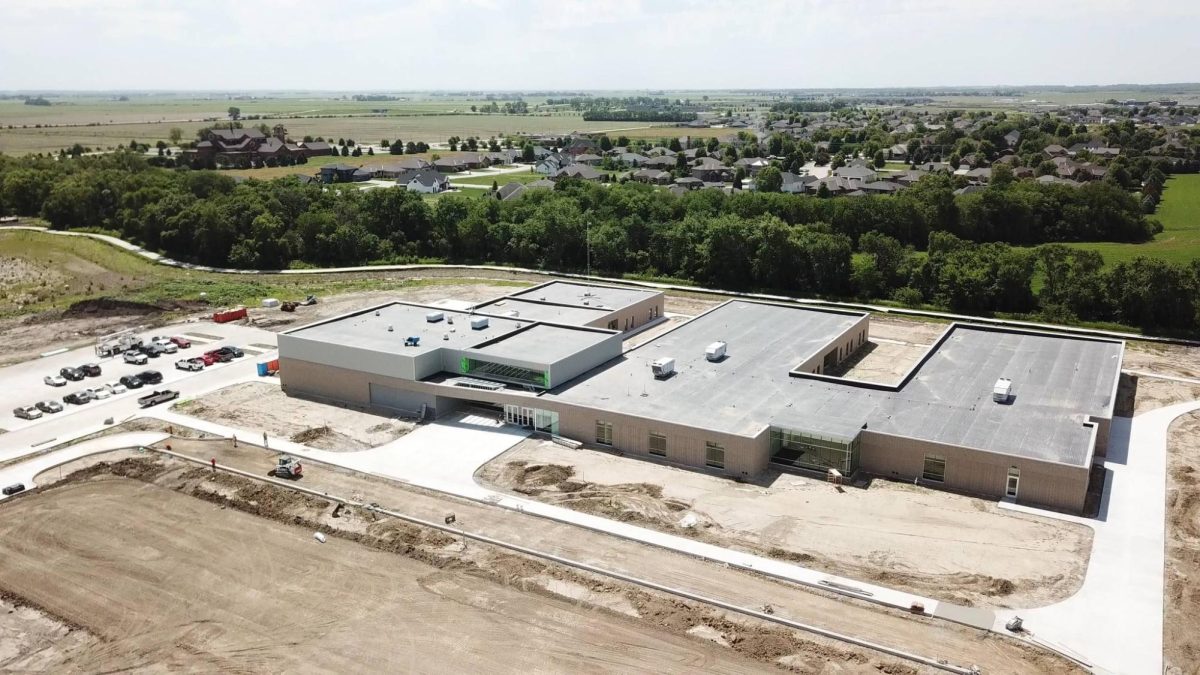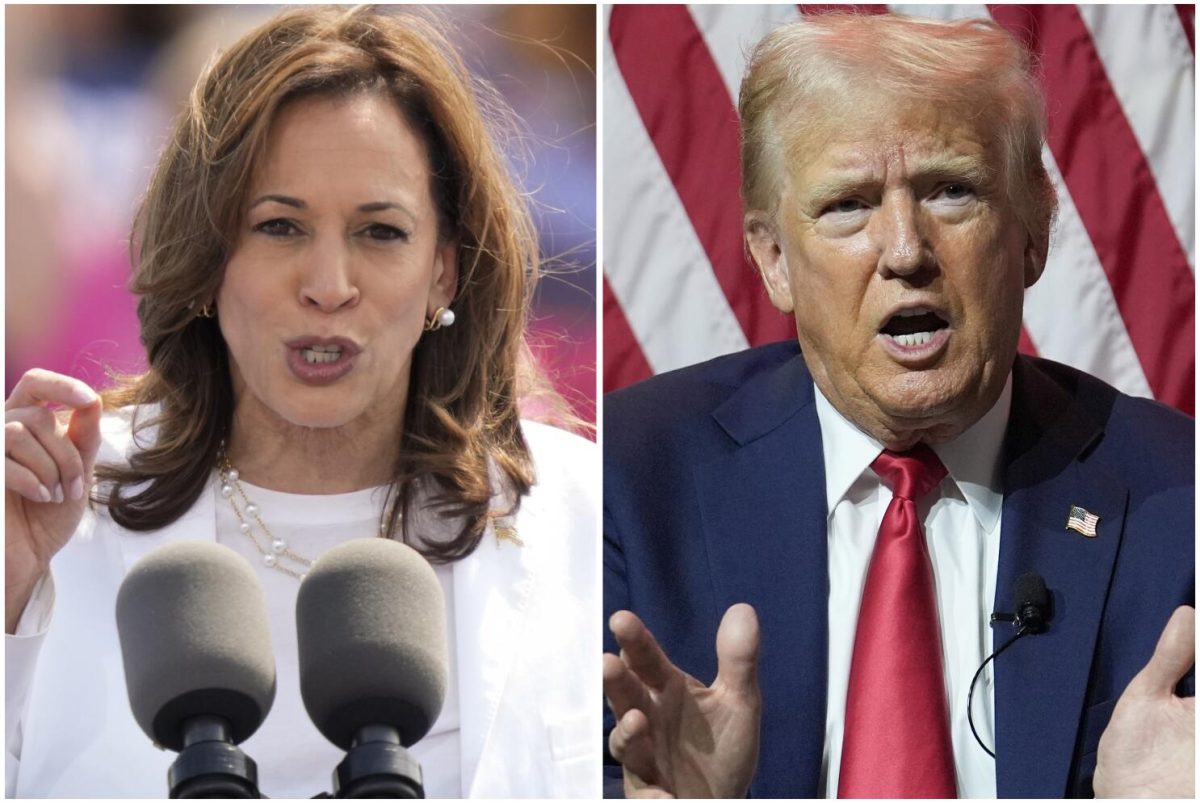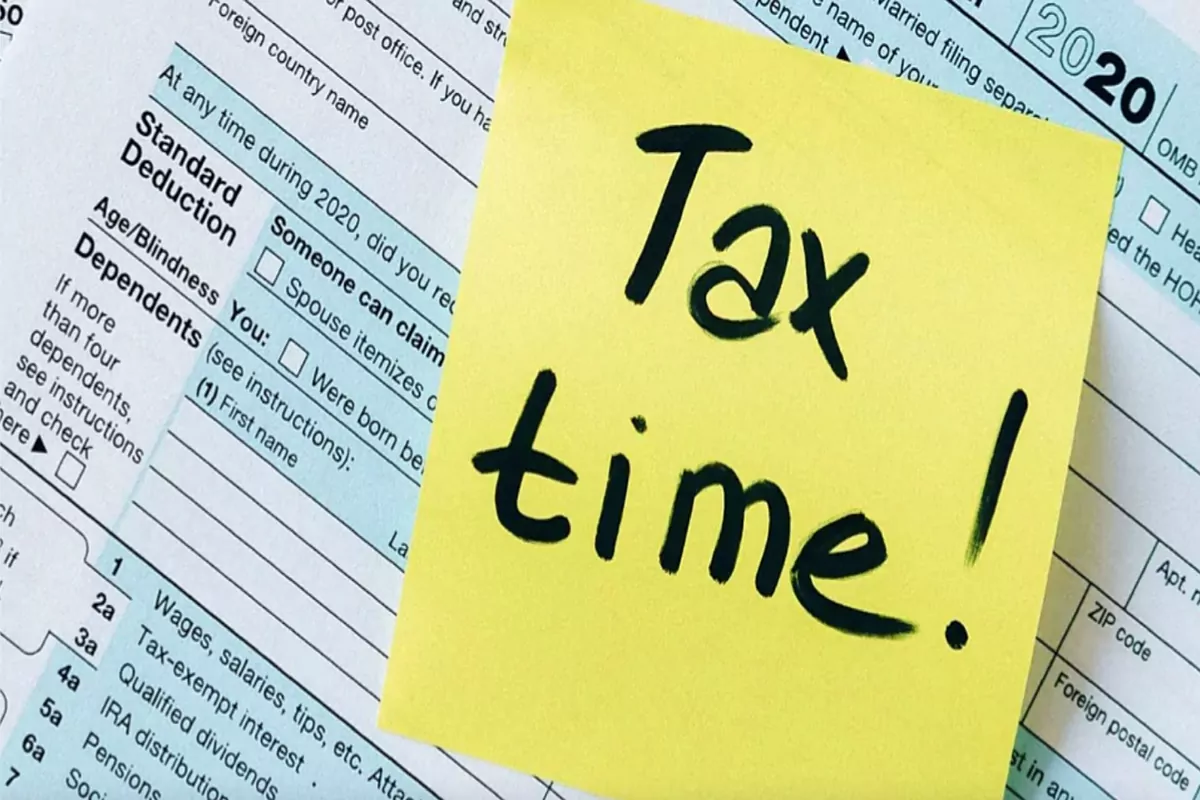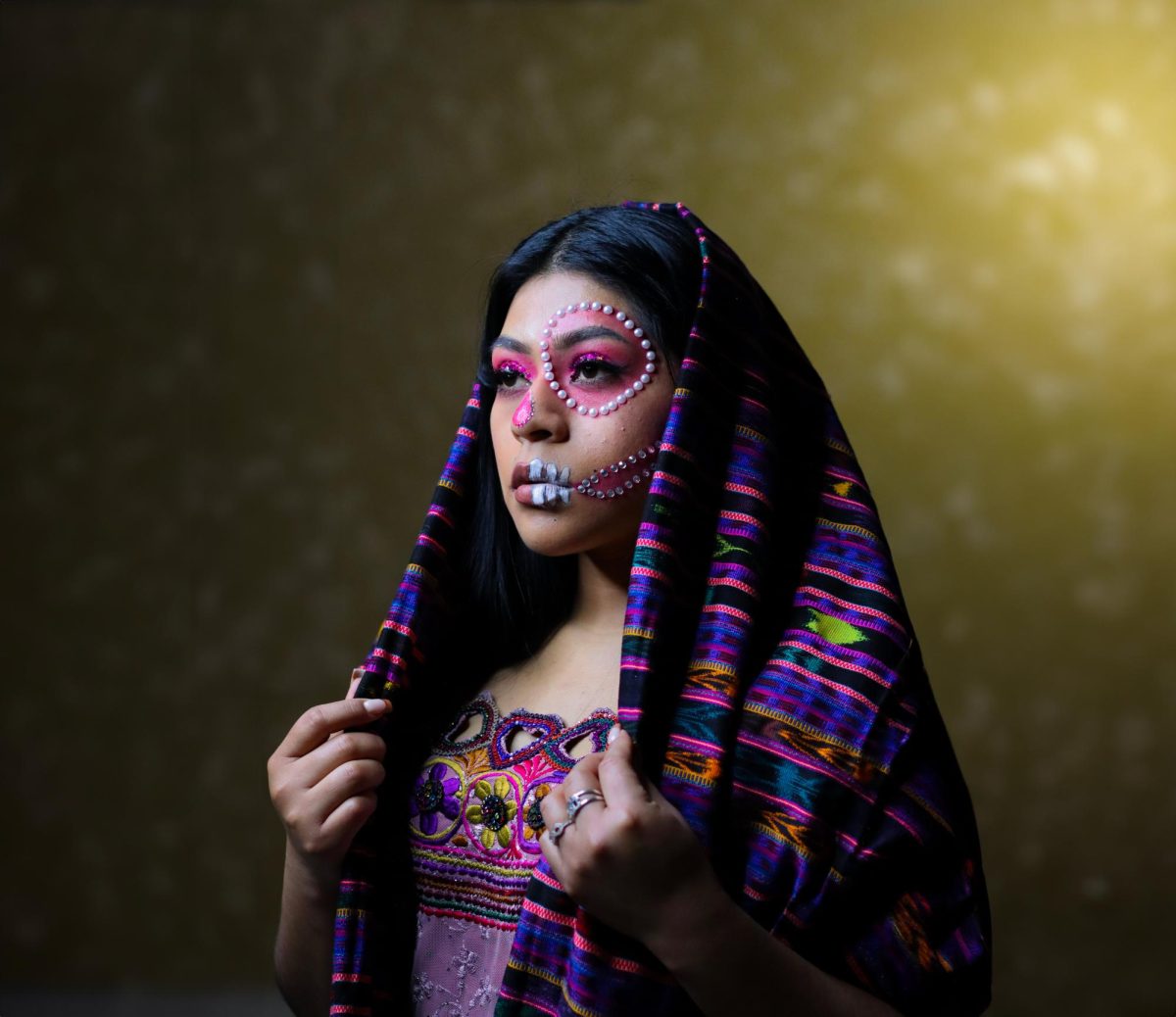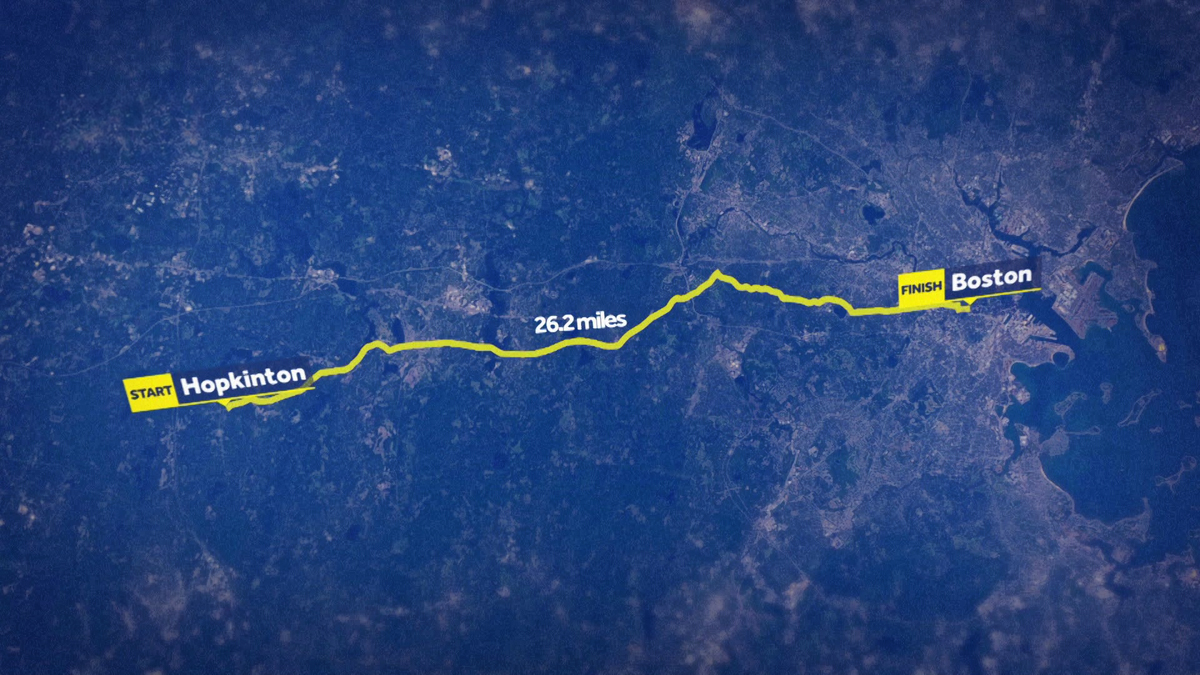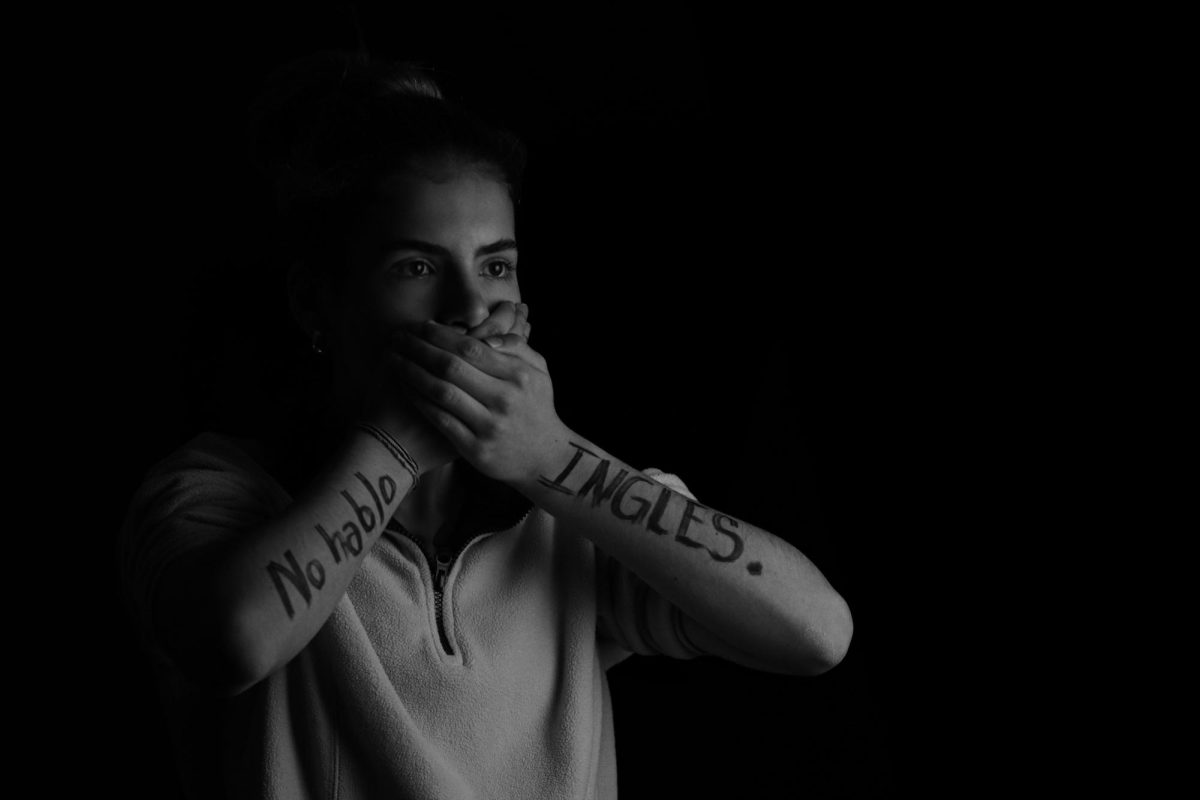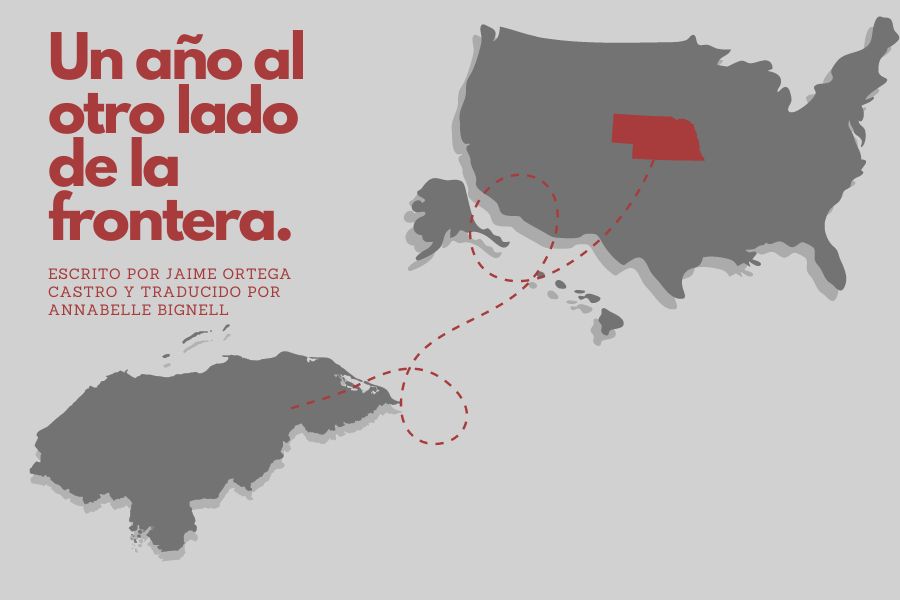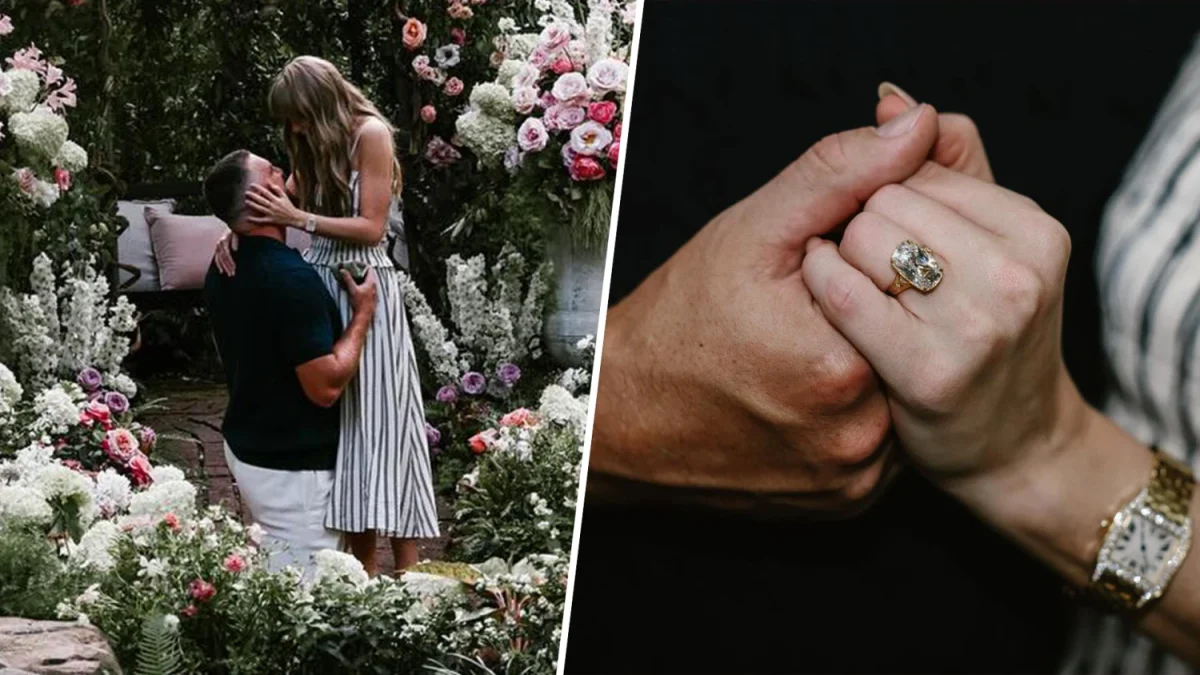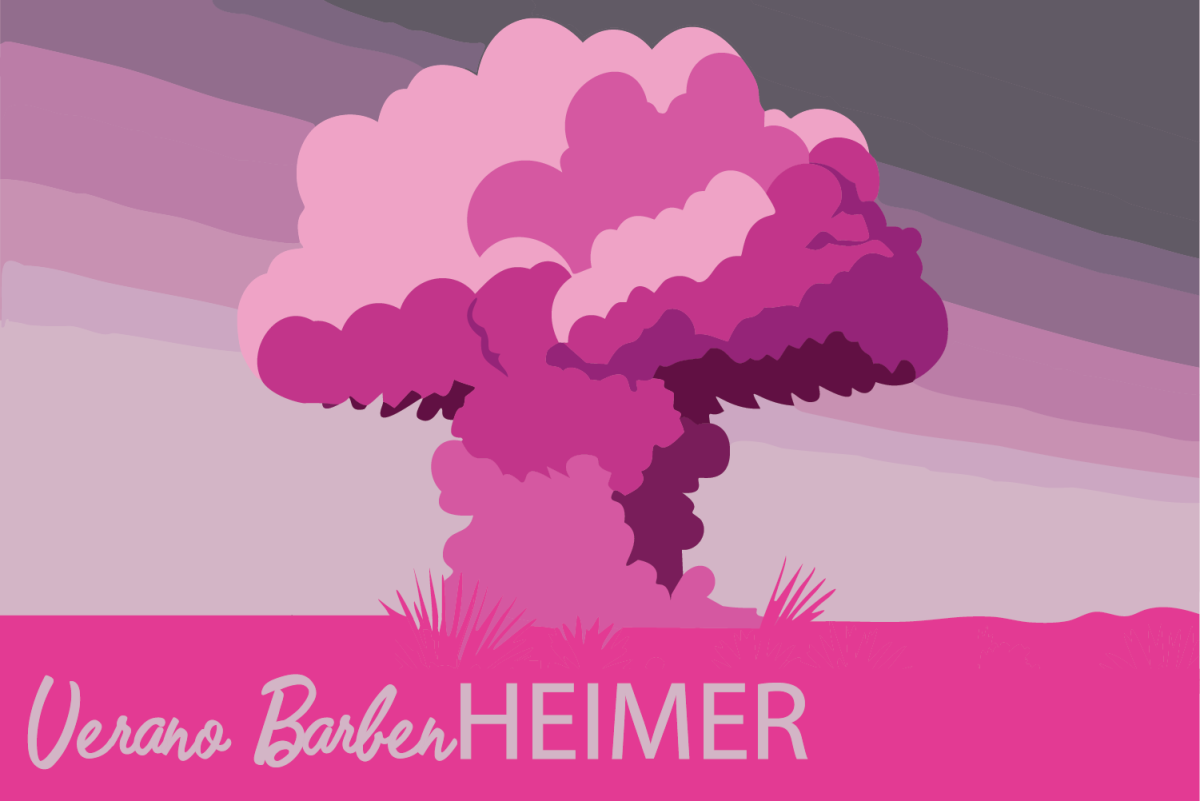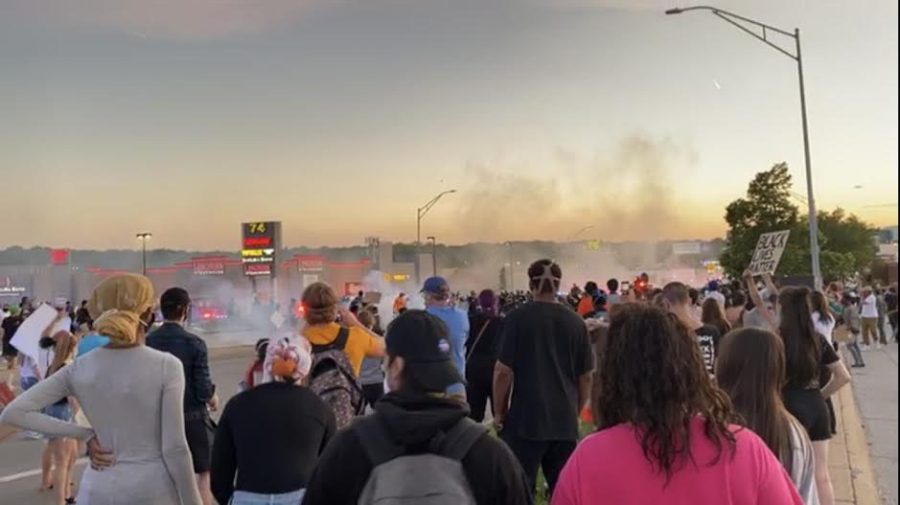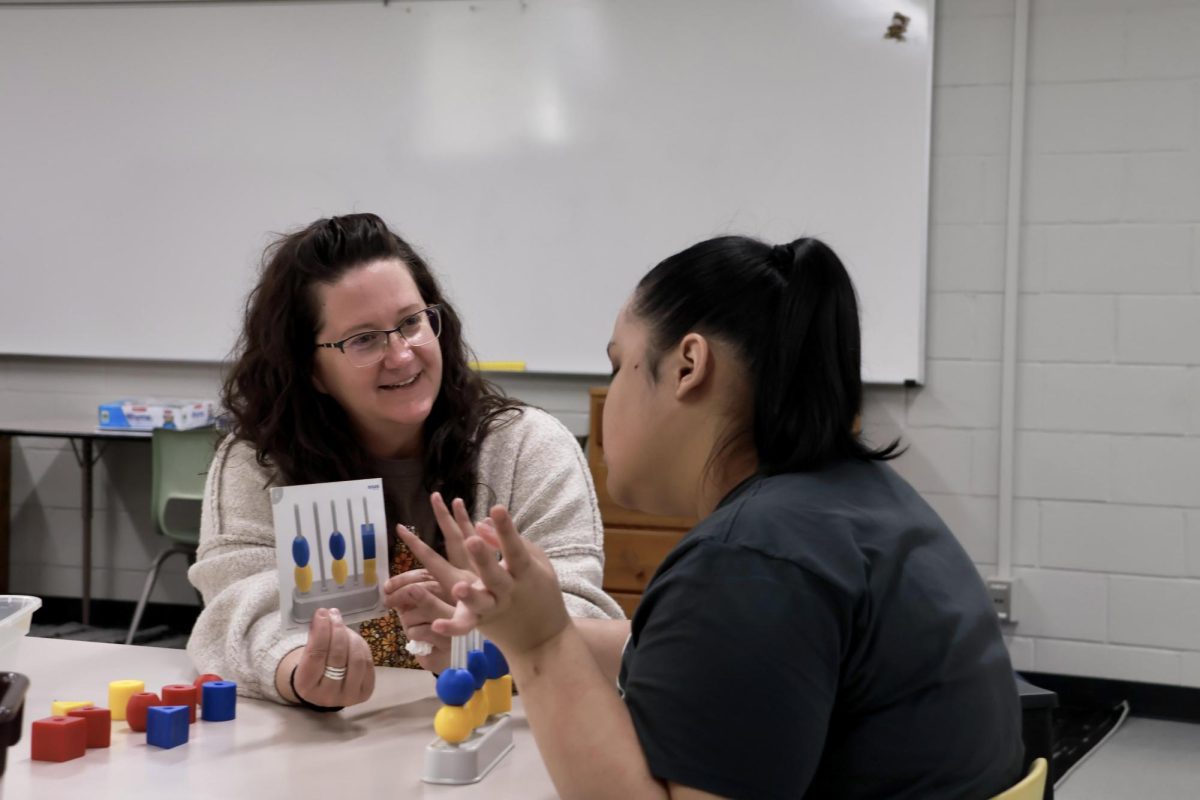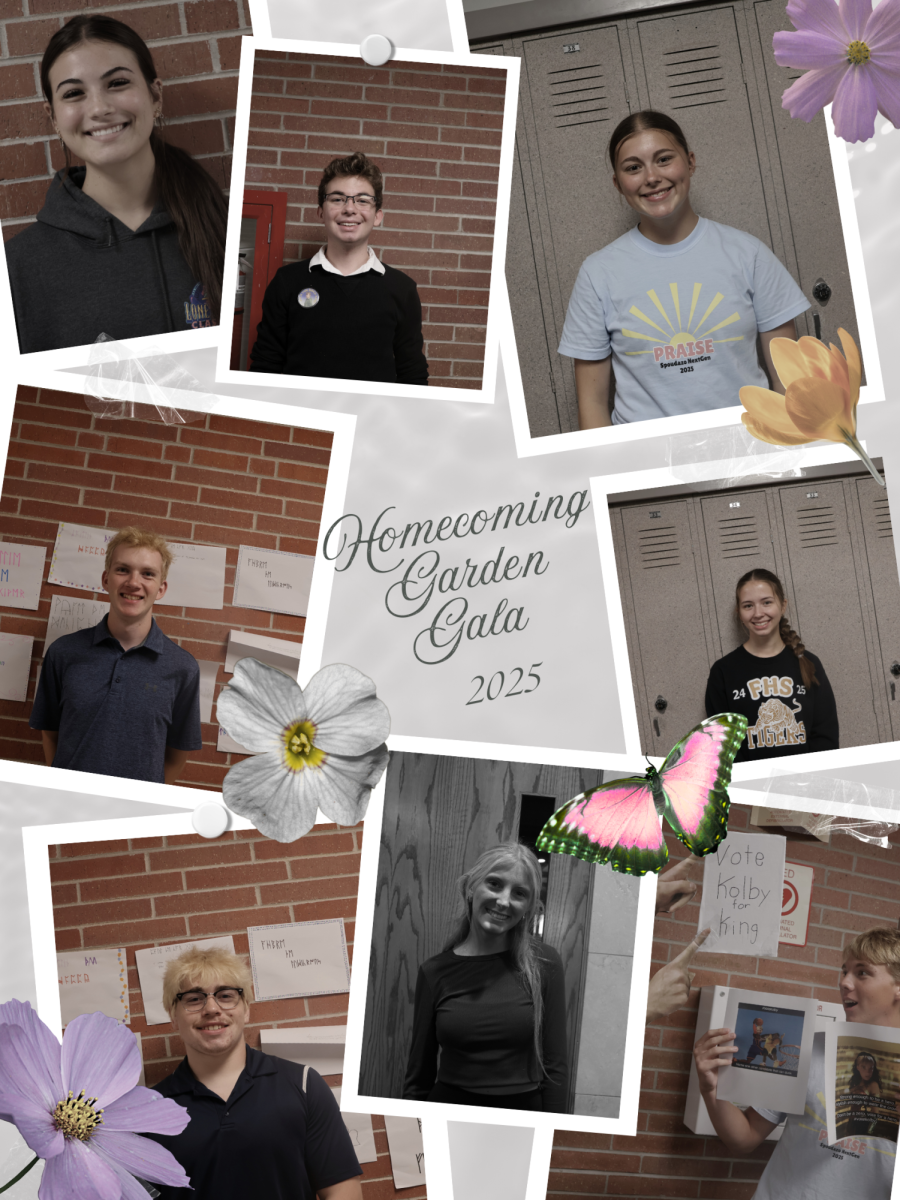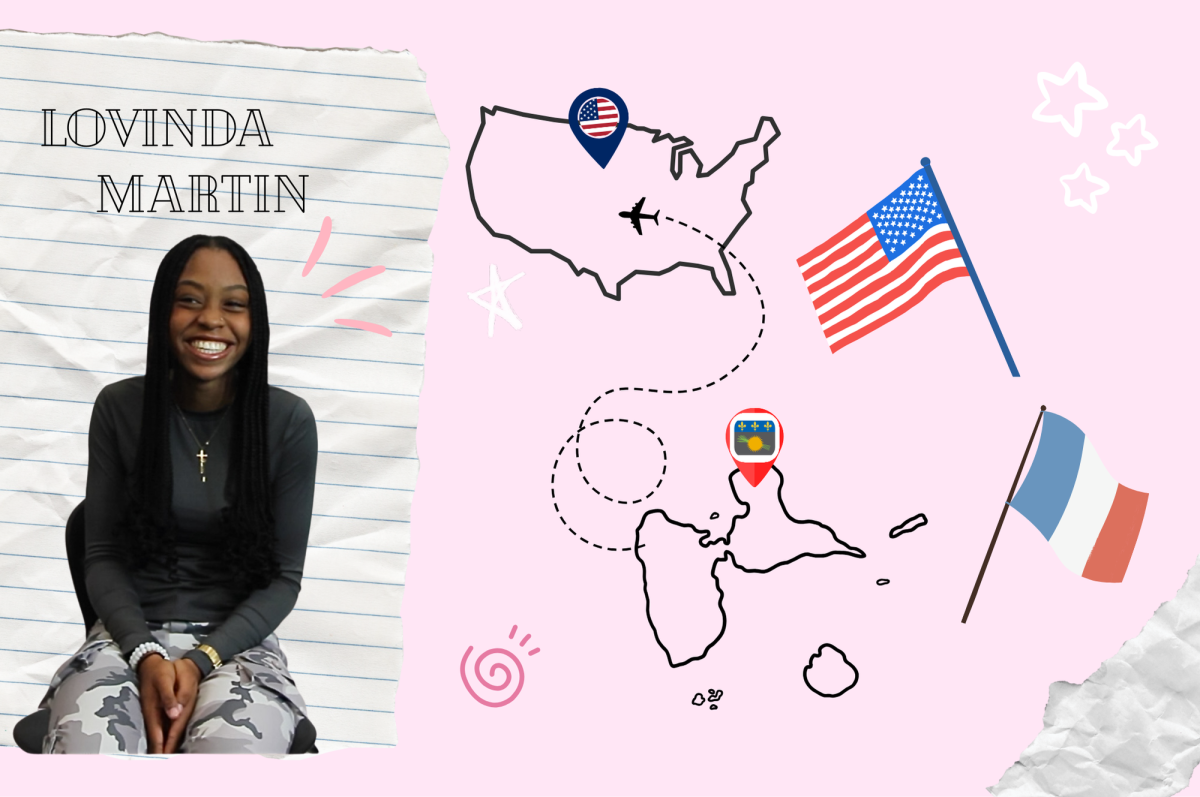After George Floyd was wrongfully murdered under Minneapolis police department’s custody on May 25, 2020, millions of Americans decided enough was enough. Within days, protesters began lining the streets across the nation to fight for Black Americans.
Omaha, Nebraska was a hot spot for ‘Black Lives Matter’ protests.
“I attended the protest because I wanted to let people know that the ‘Black Lives Matter’ movement was something I stood for and to let people know how important it was,” Fremont High senior Julia Hughes said.
Many people who went to the protests experienced opposition.
“For the most part, the environment was very welcoming, but of course, there is always opposition against protests, especially when it comes to Black Lives,” sophomore Dayton Schwaninger said.
On May 29, 2020, at 72nd and Dodge in Omaha, NE, a protest took a not-so unexpected turn when the police showed up.
“The environment was wonderful with people all walking together and chanting; it felt kind of surreal,” Hughes said. “Then, the police started coming, and it changed the environment completely. They were throwing tear gas, shooting rubber bullets and shoving people over with these wooden sticks – they didn’t care who they knocked over.”
Police brutality played a part in the start of the BLM movement, particularly after George Floyd’s death.
“People were shouting and crying,” Hughes said. “It was probably one of the scariest things I’ve ever witnessed.”
Looters took advantage of the protests and disturbed the peace by using the busy environment as an opportunity to ransack stores and set businesses on fire.
Looters turned the peaceful protests violent, but many BLM advocates like Hughes “do not support violence during the protest at all.”
Apart from the harsh environments that had been created by many protests, huge impacts were made that rippled throughout America.
“Wiping away a stranger’s tears is really tough,” Hughes said. “Just being there made an impact on everything, even if I was just another person in the crowd.”
Schwaninger believes that living in fear is something Black Americans should not still be experiencing.
“Black people having to fear their lives every time they leave the house is something America should not still be dealing with 58 years post Jim Crow laws,” Schwaninger said.
Awareness was spread everywhere across the United States.
“Organizations such as NASCAR banned the confederate flag from being on cars, Juneteenth is now an official federal holiday, new laws in the police system were established and many more impacts were made,” Hughes said.
The BLM protests are attributed to have helped in the proposals of 93 anti-racism laws in 35 states but Schwaninger believes there needs to be more effort.
“Racial discrimination against black people has been occurring for 100’s of years,” Schwaninger said. “While Jim Crow laws ended in 1964, there is still racism within our legislation. If there is racism within our legislation, how can we ask people to stop having internal racism or to stop discriminating against black people? It starts at the top.”

